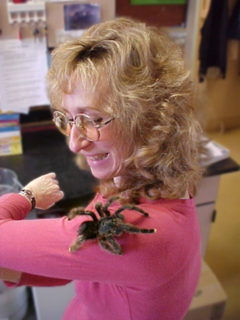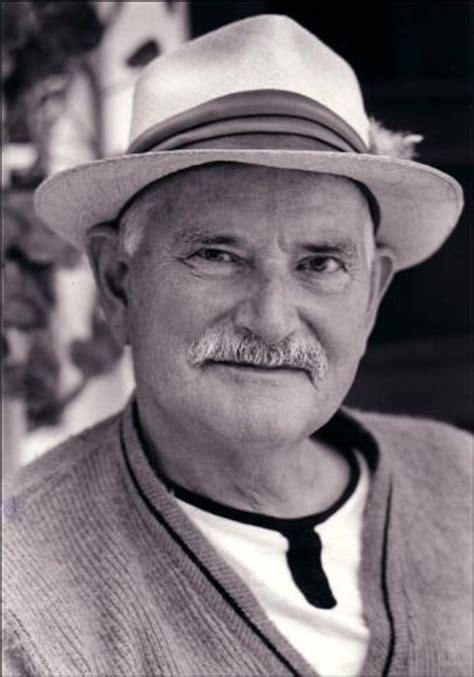A Quote by Dalai Lama
We share the earth not only with our fellow human beings, but with all the other creatures.
Quote Topics
Related Quotes
Human relationships with predators have always been thorny. Predators are the first creatures our kind purposely eradicates. Too often, people feel humans are and should be in control; we are enraged to discover this is not true. And when other creatures share our appetites and kill our livestock (often animals we were raising to kill, ourselves), we call them vandals and murderers...Predators are the most persecuted creatures on Earth.
Our situation on this earth seems strange. Every one of us appears here involuntarily and uninvited for a short stay, without knowing the whys and the wherefore. In our daily lives we only feel that man is here for the sake of others, for those whom we love and for many other beings whose fate is connected with our own. I am often worried at the thought that my life is based to such a large extent on the work of my fellow human beings and I am aware of my great indebtedness to them.
The fact is that no species has ever had such wholesale control over everything on earth, living or dead, as we now have. That lays upon us, whether we like it or not, an awesome responsibility. In our hands now lies not only our own future, but that of all other living creatures with whom we share the earth.
You have to understand that it's a very cooperative world, not only with the environment, with but our fellow human beings. If you do not cooperate, if you do not work together to keep the entire organism going, the whole thing dies, and everybody dies with it. That's a law of nature, and it's existed forever. We're one of the very few creatures that has a choice, and can intellectualize the process.
A life without a lonely place, that is, a life without a quiet center, easily becomes destructive. When we cling to the results of our actions as our only way of self-identifiction, then we become possessive and defensive and tend to look at our fellow human beings more as enemies to be kept at a distance than as friends with whom we share the gifts of life.









































